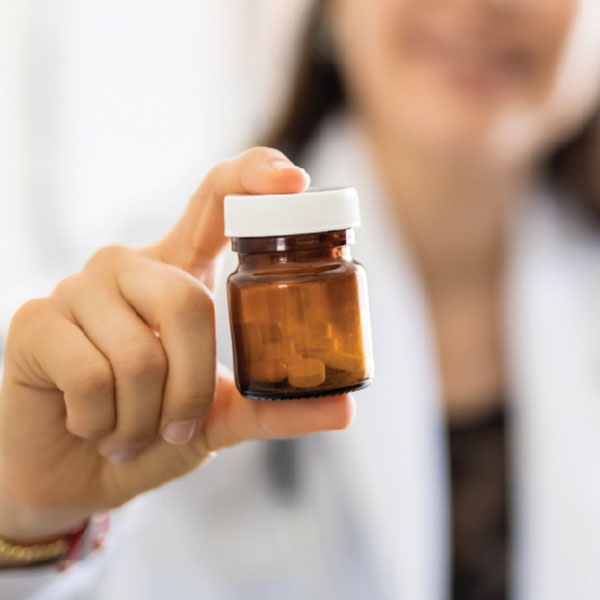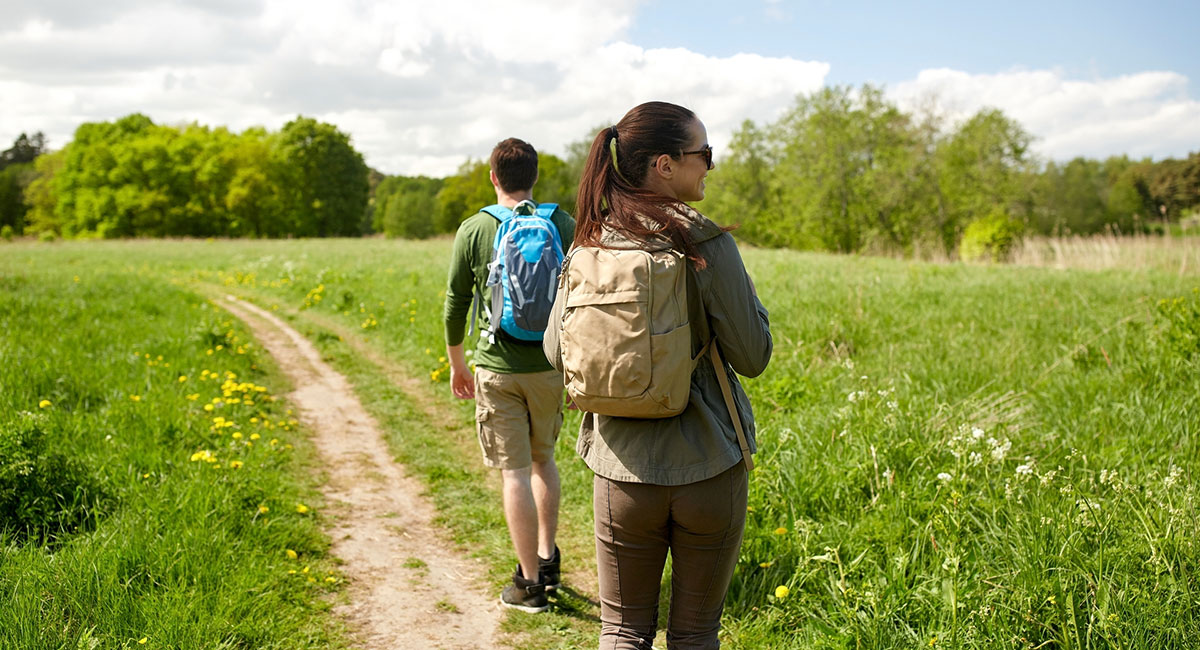LOCATIONS
Local Recovery Resources and Options For Alcohol and Drug Rehab In Brooklyn
Local Resources & Information to Kickstart Your Recovery Journey
If you are in the Brooklyn area and need help now, call (888) 290-5601
Help is available for those struggling with addiction in Brooklyn
Struggling with addiction can make you feel hopeless, but there are a wealth of resources and support systems ready to help you reclaim your life and embark on the path to recovery in Brooklyn. Don’t let another day pass in the grip of drug and alcohol abuse. Reach out now to learn about the local resources available and take the first step towards a healthier, happier future. Remember that recovery is possible – and it starts right here in Brooklyn.
Types of Addiction Treatment in Brooklyn
No two people are alike – and that’s why Brooklyn addiction treatment centers offer a range of addiction treatments to best suit your chemical dependency needs:

Medically Supervised Detox
Detoxification provides you with medical oversight to ease discomfort and ensure your safety as your body cleanses itself from the presence of substances.

Medically Assisted Treatment (MAT)
By combining FDA-approved medications with intensive counseling, medication-assisted treatment tackles both the physical and psychological aspects of addiction. MAT is particularly effective for those battling opioid or alcohol dependence, helping to quiet cravings and restore balance to a healing brain.

Inpatient Treatment
Residential care provides a structured environment free from outside triggers, where every day is dedicated to healing. Through a mix of therapy, group work, and skill-building, you’ll develop the tools to rebuild your life.

Aftercare
Recovery doesn’t end when you leave a treatment program – it’s a lifelong journey. Brooklyn’s aftercare options act as a bridge, helping you apply your newfound skills to daily life. From ongoing therapy and support groups to sober living arrangements, these resources ensure you’re never without backup as you navigate your new path.
How to Choose the Right Drug Rehab In Brooklyn For Your Loved One
Selecting the right recovery center program for someone you care about can feel overwhelming. Be sure to consider the following in your search:
- Assess their needs: Consider the specific substance(s) involved, the severity of addiction, and any co-occurring or dual diagnosis mental health issues. Different facilities specialize in different areas, so understanding these factors is crucial.
- Evaluate treatment approaches: Look for centers that offer evidence-based therapies alongside holistic options. A well-rounded program might include cognitive-behavioral therapy, group counseling, and complementary treatments like art therapy or meditation.
- Check credentials and licensing: Ensure the facility is accredited by recognized organizations and staffed by licensed professionals. Don’t hesitate to ask about staff qualifications and patient-to-staff ratios.
- Consider location and environment: Some may benefit from a familiar setting in Brooklyn, while others might need a change of scenery. Visit potential facilities to get a feel for the atmosphere and ensure it’s conducive to recovery.
- Look into aftercare support: Recovery is an ongoing process. Choose a program that offers robust aftercare planning and support to help maintain sobriety after the initial treatment phase.
- Verify insurance coverage and payment options: Understand what your insurance covers and what the out-of-pocket costs might be. Many Brooklyn rehabs offer sliding scale fees or payment plans.
- Read reviews and ask for references: While maintaining privacy, try to speak with former patients or their families about their experiences. Online reviews can also provide insight, but remember to consider them as part of the bigger picture.
- Trust your instincts: If something doesn’t feel right about a facility, it’s okay to keep looking. The right fit should inspire confidence in both you and your loved one.

Continuing Recovery Care & Sober Living Programs in Brooklyn
The journey to recovery doesn’t end when formal treatment concludes. In fact, the transition back to everyday life can be one of the most challenging phases. That’s where Brooklyn’s aftercare and sober living programs come into play, offering support during this vulnerable time in the healing process.
Aftercare programs typically involve ongoing therapy sessions, support groups, and check-ins with treatment professionals. These services help people apply the skills they’ve learned in rehab to real-world situations, providing guidance and accountability as they navigate potential triggers and stressors. Many Brooklyn rehab centers offer their own aftercare programs, ensuring continuity of care and familiar faces during the transition.
Sober living homes offer another valuable option for those in early recovery. These residences provide a structured, substance-free environment where people can practice independent living while surrounded by peers who understand their journey. House rules typically include curfews, chores, and mandatory participation in recovery activities. This setup offers a gradual reintroduction to daily responsibilities while maintaining a strong support network.

Local Stats You Need to Know
The drug overdose crisis in NYC has evolved significantly over the past decade, mirroring the rest of the nation. In 2013, Brooklyn stood out among the five boroughs with the second-lowest rate of unintentional drug poisoning (overdose) deaths, at 8.2 per 100,000 residents.[1]
As of 2023, however, overdose remains a critical public health emergency in Brooklyn. Someone dies of a drug overdose every three hours within the five boroughs of New York City.[2] Fentanyl, a synthetic opioid known for its extreme potency, has emerged as the most common substance involved in these fatalities. Opioids as a class are implicated in over 87% of all overdose deaths, underscoring the central role these substances play in the ongoing crisis. Neighborhoods in Central Brooklyn and the Rockaways experience the highest rates of overdose mortality.
Furthermore, recent data from the third quarter of 2023 confirms 777 overdose deaths, indicating that the crisis shows no signs of abating.[3] This figure not only represents a tragic loss of life but also highlights the urgent need for continued and enhanced public health interventions to address this ongoing emergency.
Get the Help You Deserve at Paramount Wellness
Are you struggling with addiction? You’re not alone – and help is available.
Sober Activities in Brooklyn
- Explore the Brooklyn Botanic Garden: Wander through beautifully curated gardens and seasonal exhibits showcasing diverse plant life.
- Visit the Brooklyn Museum: Discover an extensive collection of art spanning various cultures and historical periods in this renowned museum.
- Take a walk across the Brooklyn Bridge: Enjoy breathtaking views of Manhattan and Brooklyn while strolling across this iconic architectural marvel.
- Enjoy a picnic in Brooklyn Bridge Park: Relax with a picnic in this scenic park, offering stunning views of the Manhattan skyline and the Brooklyn Bridge.
- Catch a Brooklyn Cyclones game: Cheer on the local minor league baseball team at this family-friendly stadium.
- Visit the New York Transit Museum: Explore exhibits dedicated to the history and development of New York City’s transit system.
- Explore the Brooklyn Navy Yard: Tour this historic site, now bustling with modern companies and creative enterprises.
- Visit the Brooklyn Children’s Museum: Engage children with interactive exhibits and educational activities at this family-friendly museum.
- Visit Coney Island and walk along the boardwalk: Experience the classic seaside atmosphere, enjoy amusement park rides, and stroll along Coney Island’s historic boardwalk.
How to Pay For Alcohol or Drug Rehab in Brooklyn
Paying for alcohol or drug rehab can be a challenging process, but there are several options available to help you manage the costs:
- Health insurance: Many health insurance plans cover substance abuse treatment. Check with your insurance provider to understand the extent of your coverage, including inpatient and outpatient services. Make sure the rehab facility you choose accepts your insurance.
- Medicaid and Medicare: If you are eligible for Medicaid or Medicare, these programs can help cover the costs of rehab services. Medicaid typically covers various types of addiction treatment, while Medicare offers coverage for inpatient and outpatient care.
- Sliding scale: Some rehab centers offer sliding scale fees based on your income and financial situation. This can make treatment more affordable if you do not have insurance or need additional support.
- Grants and scholarships: Look for grants or scholarships offered by non-profit organizations and government agencies dedicated to addiction treatment. These can provide financial assistance or reduce out-of-pocket expenses.
- Payment plans: Many rehab facilities offer payment plans to help spread out the cost of treatment over time. This can make it easier to manage your finances while receiving the care you need.
- Community resources: Reach out to local community organizations and support groups that may offer financial assistance or help you find resources for affordable treatment options.